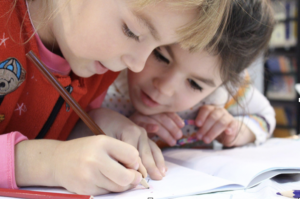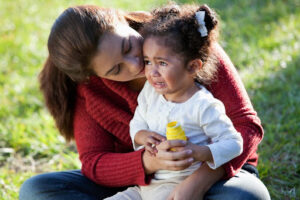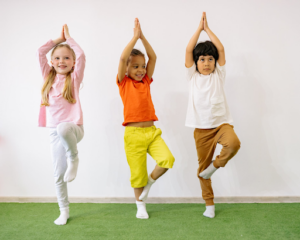
Your child is sitting in the exam room chair for their annual eye check-up, and they are asked the notorious question that you always seem to overthink: “Which is better… 1… or… 2…” Did you know that optometrists are testing for visual acuity when they ask that question? But did you also know there are many more aspects of vision than just visual acuity that could be influencing your child’s ability to learn and play? Read on to learn more about how to spot the difference between visual skills!







